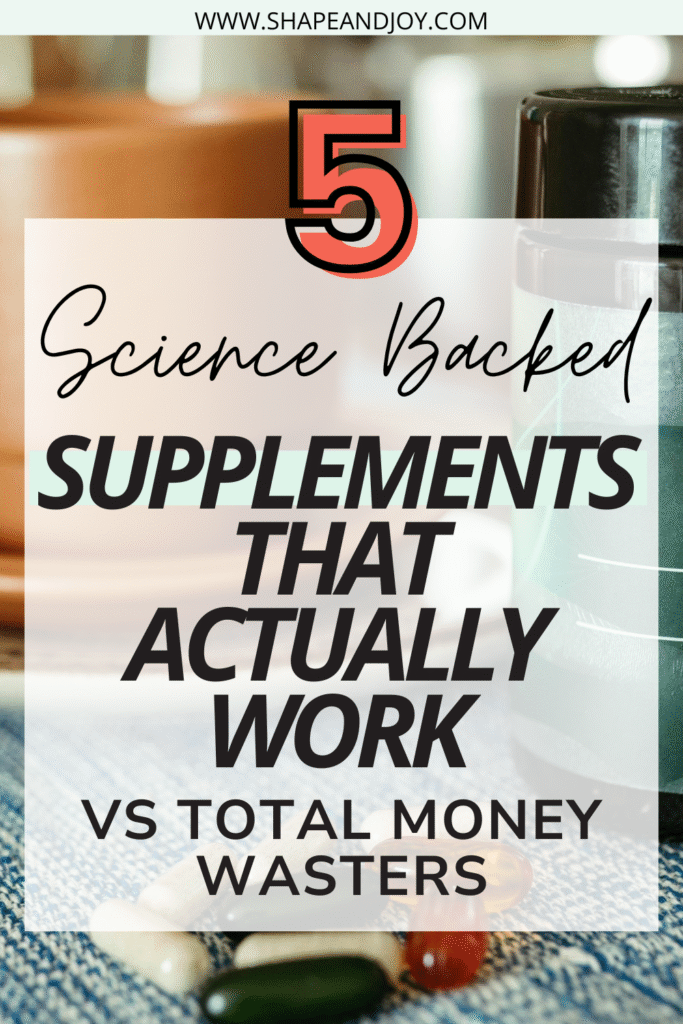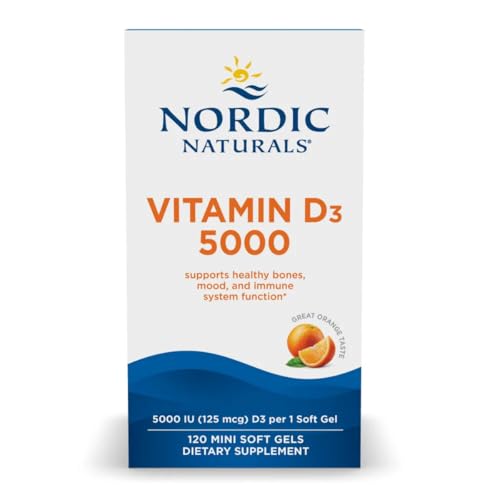This post may contain affiliate links, which means that I may earn a commission if you click on the link, with no cost for you. It’s one of the ways I support my blog. You can read more about this here.
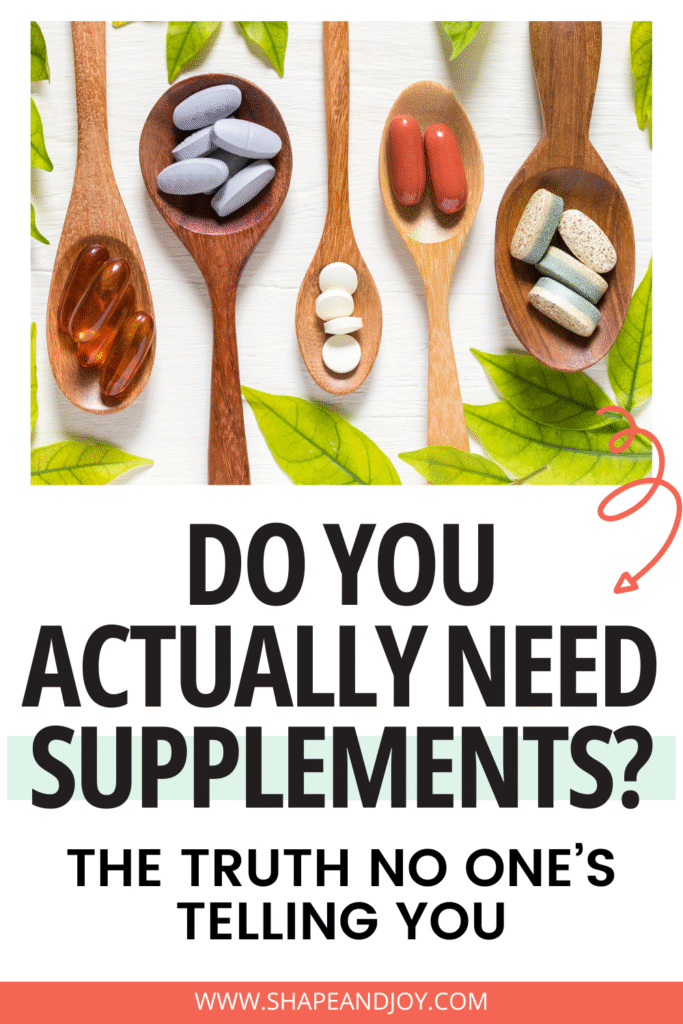
Supplements are everywhere, lined up in health shops, promoted by celebrities, and recommended by influencers as if a capsule is the missing key to fat loss, glowing skin, better sleep, and perfect digestion.
In fact, the supplement industry is now worth over $170 billion… yet rates of fatigue, bloating, hormone imbalances, and stubborn weight are higher than ever.
So if supplements are supposed to make us healthier, why are so many people still struggling?
This post is your no-nonsense look at the truth behind supplements. We’re breaking down when they’re genuinely helpful, when they’re a complete waste of money, and when they could actually do more harm than good.
We’ll also talk about how supplements fit into a healthy diet, metabolism, and fat loss, without falling for flashy marketing.
Let’s cut through the hype and get to the science.
What Are Supplements Really For (And What They Can’t Do)
Before we dive into whether supplements work, we need to understand what they are. Supplements were originally designed to fill nutritional gaps, not replace food or fix unhealthy lifestyles.
- They support your diet and nutrition, they don’t override it.
- They bridge deficiencies where you aren’t consuming enough from food.
- They cannot undo an unbalanced lifestyle, poor meal planning, or stress.
If you imagine your body is a house, supplements are not the foundations, they’re the light fixtures. Nice to have. Sometimes helpful. But absolutely useless if the walls are falling down.
Supplements That Are Backed by Science
Not all supplements are fluff. Some are extensively researched and beneficial for fat loss, hormone regulation, and a healthy metabolism, especially for women over 30 or those following low-carb or restrictive diets.
1. Omega-3 (Fish Oil or Algae Oil)
- Supports brain health, hormone balance, and inflammation reduction
- Helps improve fat metabolism and may reduce belly fat
- Useful if you don’t eat oily fish regularly
2. Vitamin D
- Essential for immune function, energy, mood regulation
- Most people in the UK are deficient due to limited sunlight
- Low levels can impair fat loss and hormone health
3. Magnesium
- Helps with sleep, muscle recovery, stress, and digestion
- Supports over 300 biochemical reactions in the body
- Often depleted by stress and modern diets
4. Creatine
- Supports muscle retention, fat loss, and brain performance
- Proven effective for women and safe long-term
- Great for metabolism support
5. B Vitamins
- Important for energy and metabolic function
- Especially key for vegans and those under chronic stress
These supplements are not magic pills. But if your body needs them, they can drastically improve energy, mood, digestion, and fat-burning capacity.
Supplements That Are Overhyped (or a Complete Waste of Money)
Now it’s time to expose the not-so-sexy truth: many supplements are expensive distractions.
Fat Burners
They promise rapid fat loss, but studies show they mostly increase heart rate and cortisol, not metabolism. That’s why many people feel anxious, wired, or bloated after using them.
Detox Teas & 3 Day Detox Cleanse Powders
These are glorified laxatives. They don’t cleanse your body, your liver and kidneys already do that. In fact, they can cause dehydration, electrolyte imbalance, and rebound weight gain.
For more on this, read the next post in this cluster: Why Detoxes Don’t Work (and What to Do Instead).
Multivitamins (Generic)
Most contain low doses of everything and high doses of nothing useful. If your diet and nutrition are balanced, you don’t need a vague blend.
Appetite Suppressant Gummies
Often full of sugar alcohols or synthetic fibres that can bloat and irritate digestion.
📌 Pin this for later! ⬇
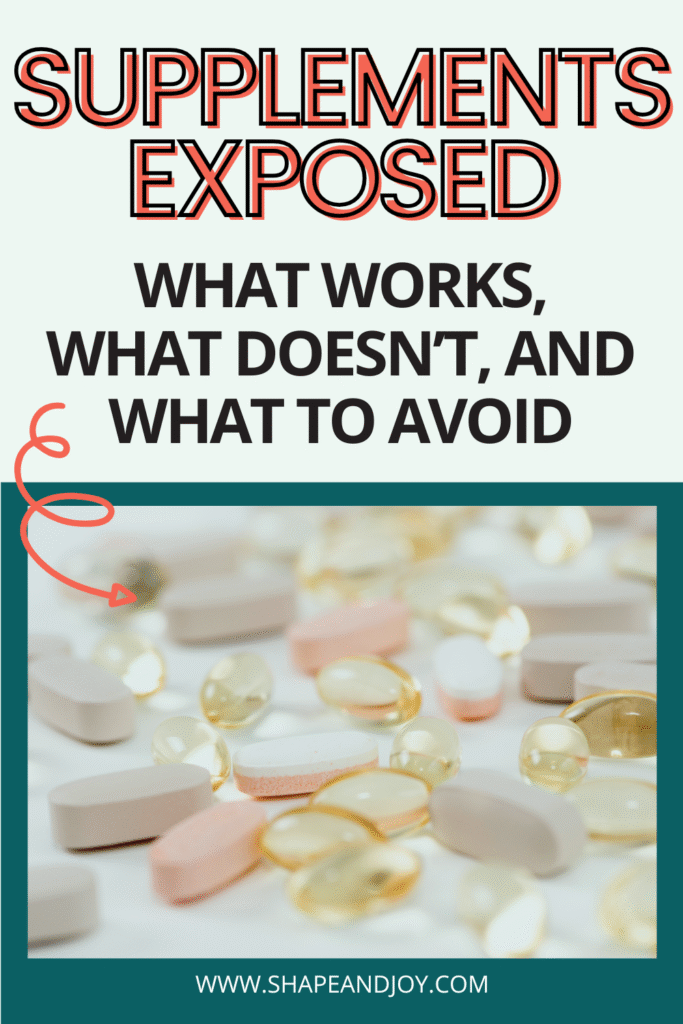
Can You Get Everything From Food Alone?
In a perfect world, yes. In reality, not always.
You can achieve healthy weight, balanced hormones, and great energy through whole foods, flat belly foods, best fat burning foods like protein-rich meals, fibre, and healthy fats.
However, factors like soil depletion, stress, hormonal birth control, and highly processed diets can create nutrient gaps.
This is where supplements can support fat loss and improved digestion, but only after the foundations are in place.
And those foundations start with food quality.
Which brings us to your next post: Calories vs Quality: What Actually Matters for Fat Loss. If you’re obsessing over what to remove instead of what to improve, that post will be game-changing.
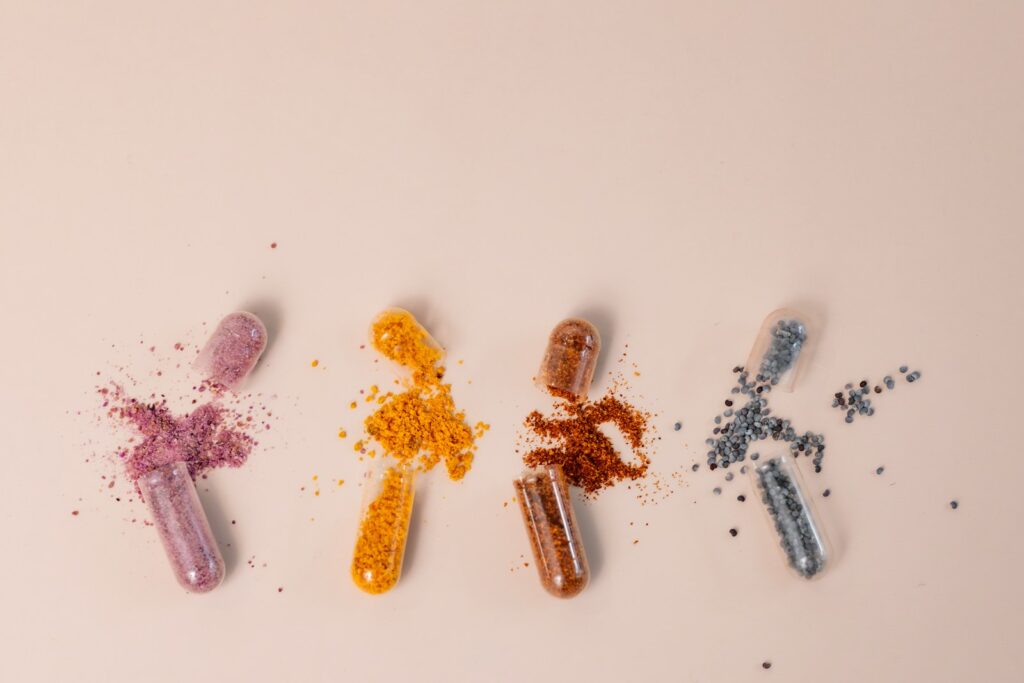
Lifestyle > Supplements: The Foundations You Can’t Skip
Even the world’s best supplement can’t fix inconsistent meals, low protein intake, high stress, poor sleep, or a no carb diet that crushes your hormones.
Here’s what your body needs before any supplement can do its job:
- Balanced blood sugar (healthy diet beats flat belly drinks every time)
- High-quality meals (not ultra-processed low-fat snacks)
- Gut health for absorption (best foods before pills)
- Stress regulation for fat loss (cortisol management matters)
Supplements support the journey, but they are never the whole journey.
Read These Next
- Calories vs Quality: What Actually Matters for Fat Loss
- Why Detoxes Don’t Work (and What to Do Instead)
- The Truth About Fats: Which Ones Actually Help You Burn Fat
Conclusion
Supplements can be powerful when used strategically, but they are not miracle fixes. Focus on food quality, hormone balance, sleep, and daily habits first. Then use supplements as targeted support based on your body’s needs, not Instagram trends.
The real transformation happens in your habits, not your capsule count.
Next Steps
“Your body doesn’t need more products, it needs better support.”
Read This Next: Calories vs Quality: What Actually Matters for Fat Loss
Check out the full series: 10 Nutrition Myths That Are Sabotaging Your Health (and the Truth Instead)
📌 Pin this for later! ⬇
